Vegans and Vitamin B12 Deficiencies
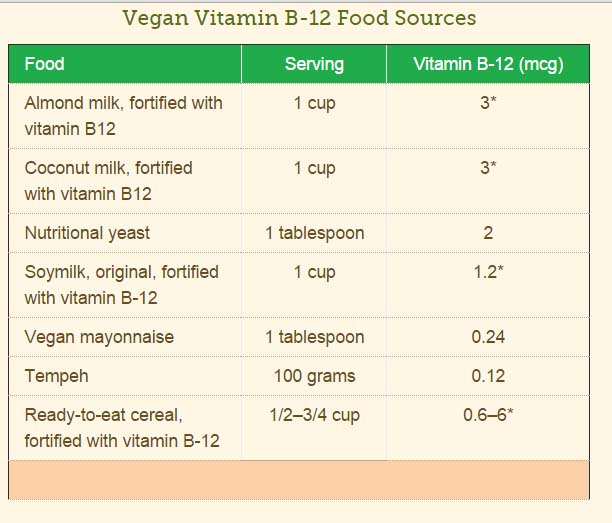
Table of Contents
Vitamin B12 is a vitamin that performs several important functions in the body, including supporting blood and nerve cell function, and making DNA in every cell in the body. Because of this, vitamin B12 deficiencies can lead to anemia as well as nervous system damage (Ashwagandha supports the nervous system).
Unfortunately for vegans, the best sources of vitamin B12 include clams, meat, fish, poultry, milk, and eggs. Plants and plant-based foods do not contain vitamin B12 unless they have been fortified. To find out if a plant-based food has been fortified with vitamin B12, check the labeling. Some breakfast cereals, nutritional yeasts, and plant milks can be sources of this essential nutrient.
Although most vegans to get enough vitamin B12 to avoid anemia and damage to their nervous systems, they don’t get enough to reduce the risk of pregnancy complications, heart disease, and other health concerns, which is why it is important to make sure that you are getting enough.
Traditionally, vitamin B12 supplements were given as intramuscular injections, but more recent studies have shown that there are other absorption methods that work just as well, particularly sublingual forms. There are several forms of vitamin B12 that you can take, so be sure to ask your doctor which is best for you so you can avoid the risks of vitamin B12 deficiencies.
What foods provide vitamin B12?
Vitamin B12 is found naturally in a wide variety of animal foods and is added to some fortified foods. Plant foods have no vitamin B12 unless they are fortified. You can get recommended amounts of vitamin B12 by eating a variety of foods including the following:
- Beef liver and clams, which are the best sources of vitamin B12.
- Fish, meat, poultry, eggs, milk, and other dairy products, which also contain vitamin B12.
- Some breakfast cereals, nutritional yeasts and other food products that are fortified with vitamin B12. To find out if vitamin B12 has been added to a food product, check the product labels.
Who should be tested for B12 deficiency?
- Anemia with elevated MCV (mean corpuscular volume)
- Neurological symptoms, such as numbness, tingling, difficulty with walking or balance issues
- Changes in mental status, confusion, or disorientation
- Dementia or Alzheimer’s disease
- Bipolar, mania, or schizophrenia
- Gastrointestinal disorders with malabsorption, like pancreatic insufficiency
- Patients who have had gastrointestinal surgeries or gastric bypass
- Anyone over age 60 years old
- Restricted diets: vegans, vegetarians, macrobiotic diets
- Autoimmune disorders
- Children with autism spectrum disorders or developmental delay
- Breast fed infants of mothers at risk
- Eating disorders
- Family history of pernicious anemia
- Chronic use of PPI medications (Nexium, Prilosec, prevacid, etc.) or Metformin
- Occlusive vascular disorders (heart attack, stroke, blood clots)
So what if I do have a B12 deficiency?
B12 is nontoxic and water soluble so if you are deficient the good news is it is easy to replace! Traditionally B12 has been given in the form of intramuscular injections to ensure absorption but studies have shown that sublingual forms may be equally effective. B12 may come in the form of cyanocobalamin, methylcobalamin, hydroxycobalamin, and adenoxylcobalamin. You can discuss with your doctor which form is best for you.
Vitamin B12 can be found in large quantities in animal products, including meat, poultry, fish, seafood, eggs, and dairy products; and the consumption of these products is the most longstanding method by which human beings have taken vitamin B12 into their systems.
Featured Image: Vegan Vitamin B-12 Food Sources Credit to Oldwayspt.org
Source: JustNaturallyHealthy

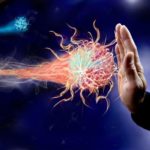
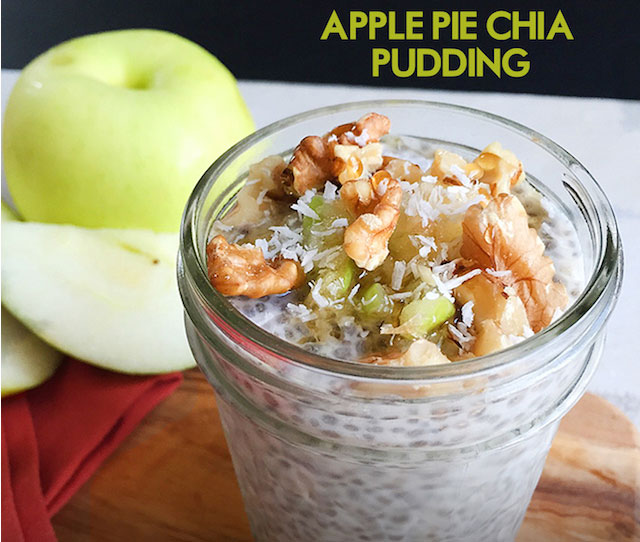
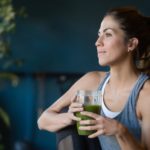
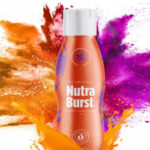

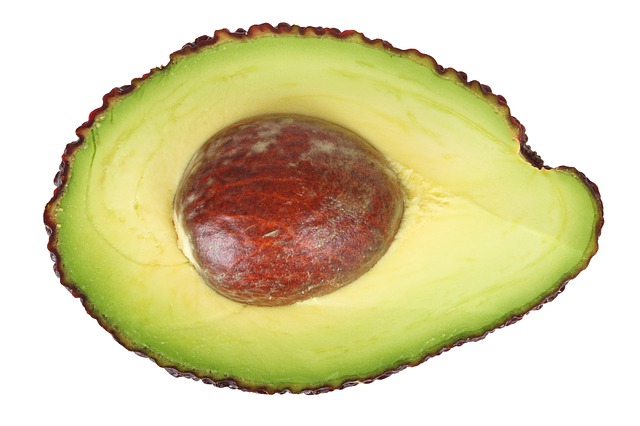
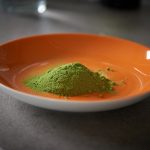

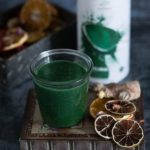
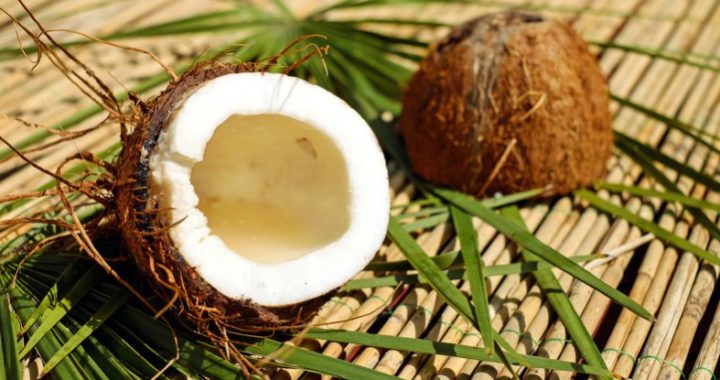 Coconut Extract: The Secret Ingredient Revolutionizing Health and Wellness in 2024
Coconut Extract: The Secret Ingredient Revolutionizing Health and Wellness in 2024  A powerful natural antioxidant for health and well-being
A powerful natural antioxidant for health and well-being 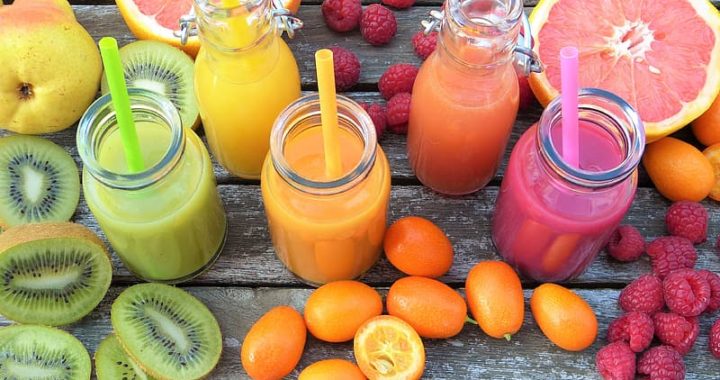 How Much Do You Know about Liposomal Vitamin C?
How Much Do You Know about Liposomal Vitamin C?  Raw Vegan Enchiladas
Raw Vegan Enchiladas  Raw Vegan Almond Joy Mini Bars
Raw Vegan Almond Joy Mini Bars  Discover the MCT Oil Magic
Discover the MCT Oil Magic  Potential Consequences of Obsessive Compulsive Disorder
Potential Consequences of Obsessive Compulsive Disorder 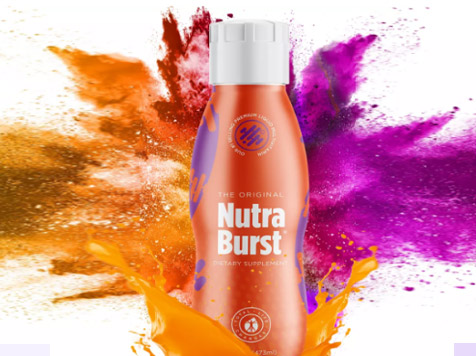 A Multivitamin Every day! The Key to Overall Health and Wellness
A Multivitamin Every day! The Key to Overall Health and Wellness